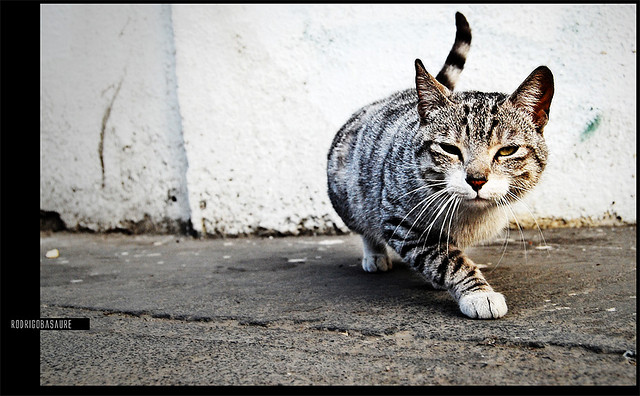There are many blogs that give good advice on the art and craft of writing. They have wonderful articles on story structure, finding your voice, sentence construction, admonishments to eschew weak verbs in favor of strong ones, as well as dire warnings against the ever-present danger of giving in to adverb use.
In my opinion, one of the best blogs is Jane Friedman: writing, reading and publishing in the digital age. (Of course Jane Friedman's blog is about a great many things.)
Anyway, enough of that. Let's talk about what's gotten me so darn excited!
K.M. Weiland wrote a post for Jane Friedman and it's one of the best posts on story openings I've read, so I wanted to both share it with you and encourage you to head on over to Jane Friedman's blog and read it for yourself. The title is: 4 Big Pitfalls in Story Openings.
Also, K.M. Weiland has come out with a book on story structure: Structuring Your Novel: Essential Keys for Writing an Outstanding Story. I bought it right after I finished the article, I'm sure it'll be worth the $2.99. I'd spend more than that on a coffee!
4 Ways Not To Start A Story
When I was a kid, I think I was five, I decided I'd tell my father a story. I think it went something like this:
I got up this morning and I dressed myself but my shoes weren't right so mommy helped me and then I walked to school and then I saw Michele in the playground and we talked and then the bell rang and then ...It was horrible.
One thing that was missing was ...
1. Suspense: Raise a question with your very first sentence.
I've talked about this before, but the first sentence--the very first sentence!--of your story should raise a question in the readers mind.
Humans are suckers for wanting a question answered. This is used against us in dozens of ways every day.
You've probably seen those TV commercials where a huckster asks: "How much do you think you'd have to pay for this mop in the store? Well, I'm going to throw in another mop. That's right. How much would you'd pay for this now? I'll give it to you for the low, low, price of ..."
Humans can be manipulated in a number of ways. As Lee Child mentioned, sports shows try to retain viewer attention across commercial breaks by asking a sports question before the break. The idea is that viewers, even if they don't care about the question or answer, will be more likely to stick around.
Raising a question in the readers mind in that very first sentence is vitally important. (Also, answering it at the end of the book is equally important. If you don't, there will be howls of protest.)
K.M. Weiland points out that the strength of this technique can be diluted in a number of ways:
a. Don't withhold the protagonist's name.
K.M. Weiland writes:
Award-winning author Linda Yezak explains, “[N]ameless, faceless characters don’t usually draw readers into the story. In other words, get your readers to bond with your characters early … [by letting] the reader know who they are.”
b. Don't make readers guess about the age of the protagonist.
You don't have to be precise, but readers want to have a ballpark idea of the protagonist's age.
c. Give your readers at least one peek into your protagonist's personality early on.
K.M. Weiland writes that this could be his:
- occupation
- a prominent personality trait
- a defining action
d. Don't make your readers guess about where the scene is taking place.
K.M. Weiland writes:
"Don’t leave your characters exploring a white room. Readers need to know if the scene is taking place in a café, a forest, a bedroom, or an airplane."
e. Make it clear who the other characters in the scene are.
When you introduce a character at least give the name of the character. I'm talking about major characters here, not characters that appear for a few sentences and then disappear. Some readers expect a character to stay around if you give them a name.
K.M. Weiland has three more points, but I think this post is long enough! I'll continue on Monday.
Fabulous Writing Resource: Roy Peter Clark on iTunes (FREE!)
I've included this link in my Twitter feed, but I wanted to share it with you here as well. Roy Peter Clark has put up a number of short audio files with fabulous tips on how to strengthen your writing.
This is the kind of thing I wish I'd listened to when it was just starting out.
Roy Peter Clark on iTunes: Roy's Writing Tools.
PS: My apologies. I pressed a mysterious key combo--I have no idea what it was!--and inadvertently published a draft of this post. I'm sorry for any confusion that caused.
Photo credit: "untitled" by martinak15 under Creative Commons Attribution 2.0.







